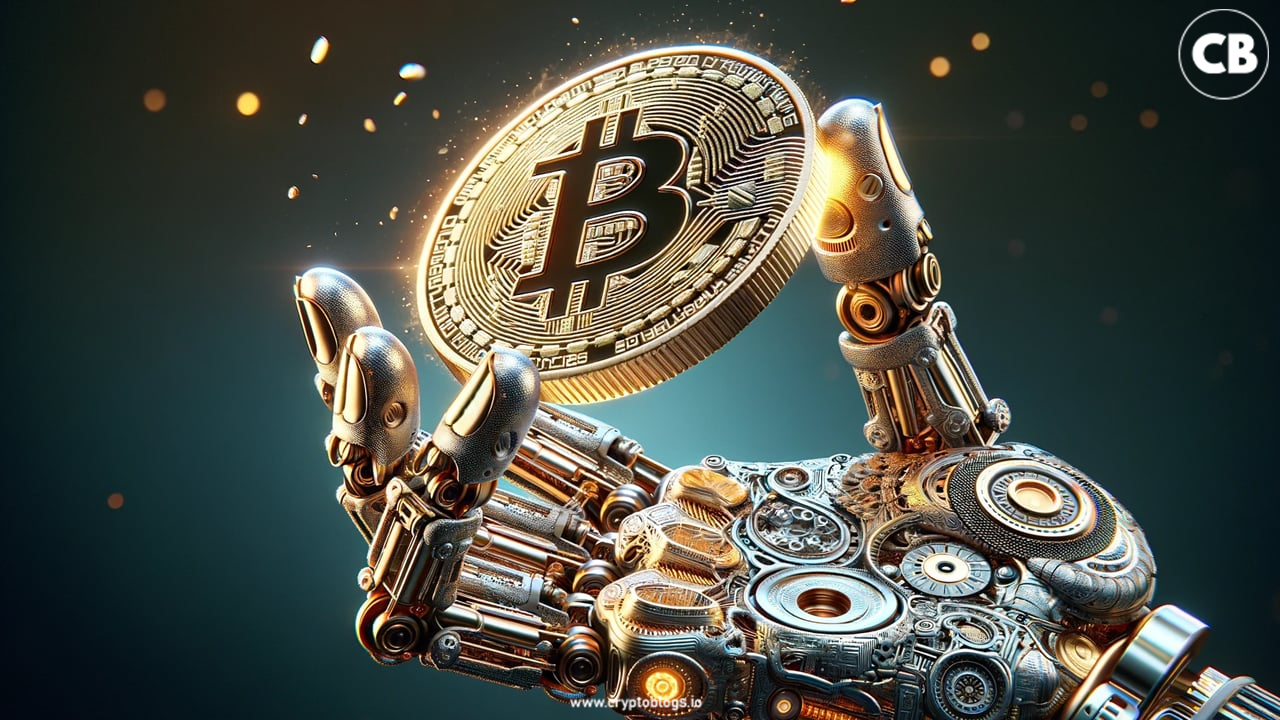Bitcoin’s value will go up to $1-1.5 million, according to thought leaders like Faisal Aftab
Some thought leaders believe the Third World War is currently underway and it has all to do with decentralized finance. Caught a bit off-guard? Let us explain.
When the Russia-Ukraine war started, the West moved to impose sanctions on Russia, including through the Society for Worldwide Interbank Financial Telecommunication (SWIFT) system that allows banks and financial institutions to securely communicate on a range of matters, including payments and transfers.
When countries such as China saw this, they realized that an alternate system needs to be set up that cannot be controlled by a single country or group of countries (aka something related to decentralized finance).
Decentralized finance or DeFI for short is a blockchain-based financial system that allows people to access services like lending, borrowing, trading, and saving without relying on traditional banks or intermediaries.
Instead, DeFi uses smart contracts — self-executing code on platforms like Ethereum — to automate and enforce financial transactions. This makes finance more open, global, and accessible, as anyone with an internet connection and a digital wallet can participate directly in these systems, often with lower fees and greater transparency than conventional financial institutions.
The thought leaders, including Founder and CEO of Zayn Venture Capital Faisal Aftab, believe that the Third World War is all about which stablecoin — a digital currency backed by a reserve asset such as a country’s currency or gold — will gain prominence.
Currently, the prominent reserve currencies are the US dollar, Euro, British Pound, and the Yen.
Bitcoin’s true value
Moreover, every country will need to have cryptocurrency reserves, especially Bitcoin, as the world moves towards a cashless system.
Right now, Bitcoin is priced around $84,300. It will peak at $150,000-200,000 in 2025-26, but its value will dip around 50% by 2027.
However, its true value is around $1-1.5 million, according to thought leaders like Faisal Aftab.
AI and a new playbook
AI models are extremely powerful — ChatGPT’s IQ is the same as that of Einstein and Elon Musk. And some models’ processing power doubles every six months.
This will greatly impact the workforce, especially people in white-collar jobs. Many jobs such as OPD doctors, lawyers, software engineers, and architects, will become obsolete as AI automation becomes commonplace.
The effect of AI automation will be bottom up as managers start delegating tasks to AI instead of humans. Therefore, people need to stop using the old “playbook” that worked for previous generations and start “re-tooling”.
As financial systems become more decentralized and AI reshapes the labor market, the global economic structure is being rewritten. Individuals will need to adapt by retooling and countries by holding strategic digital reserves such as Bitcoin, understanding the role of stablecoins, and embracing AI as both a tool and a challenge.
In this emerging paradigm, digital literacy will be as critical as traditional education. Nations investing in AI infrastructure and blockchain technology will lead the global race, while those clinging to outdated systems may fall behind. The convergence of AI and decentralized finance marks not just a shift in tools, but in power itself.



























